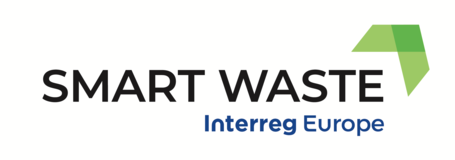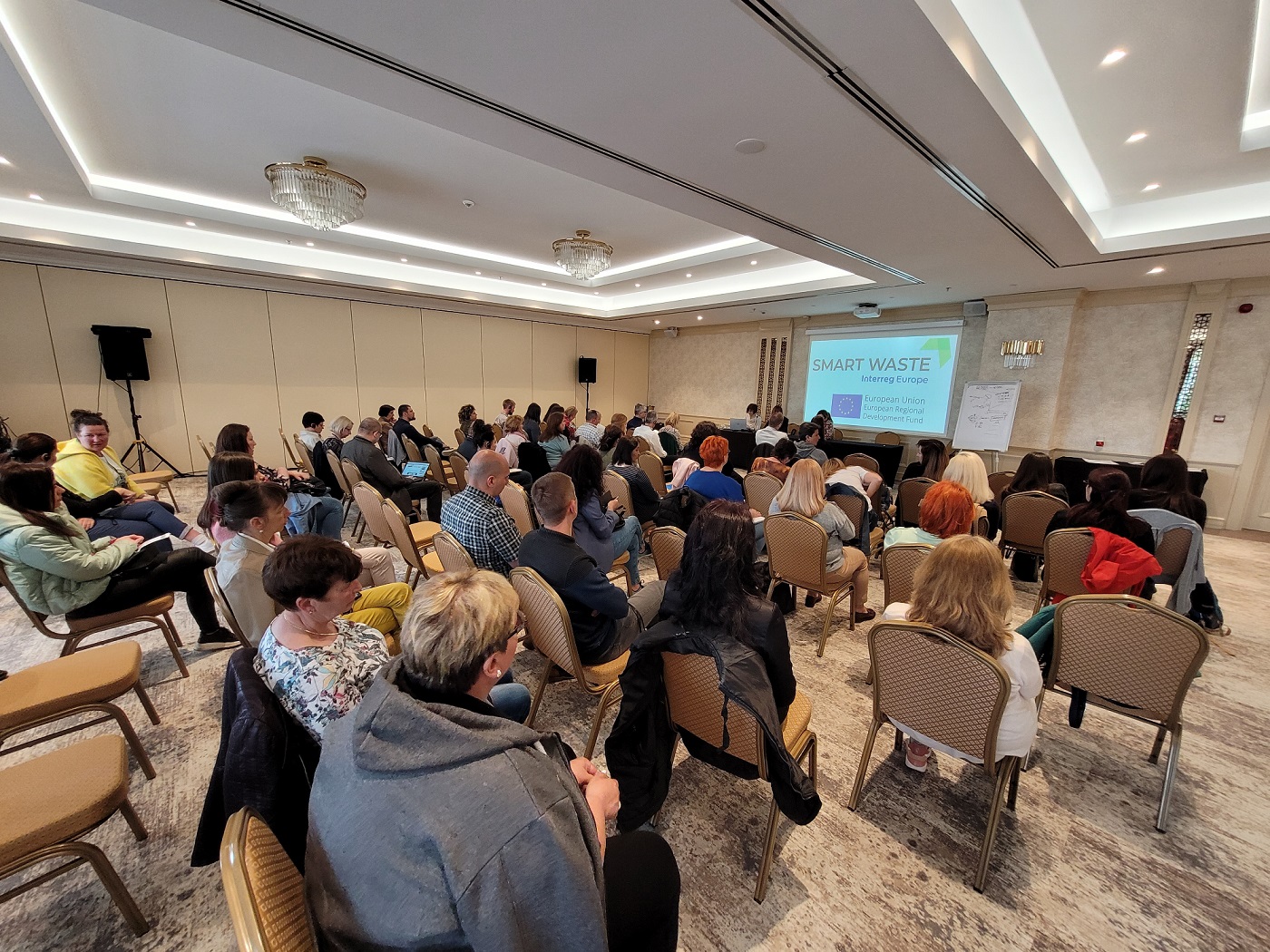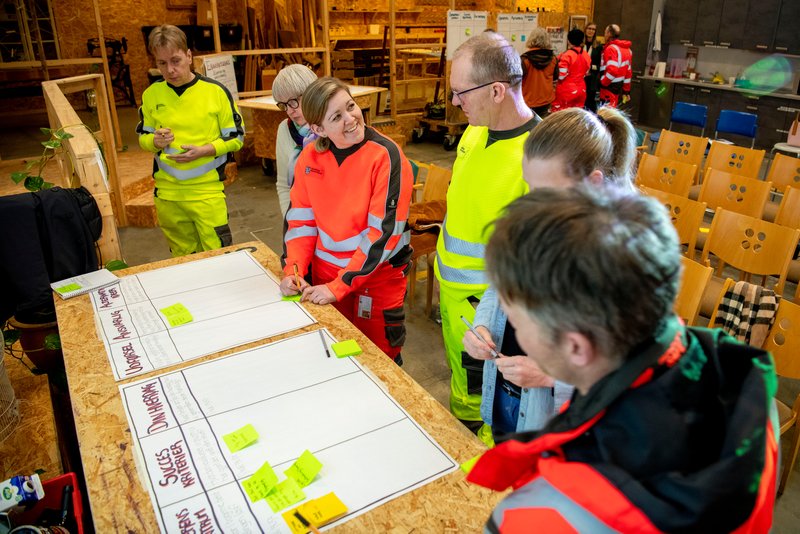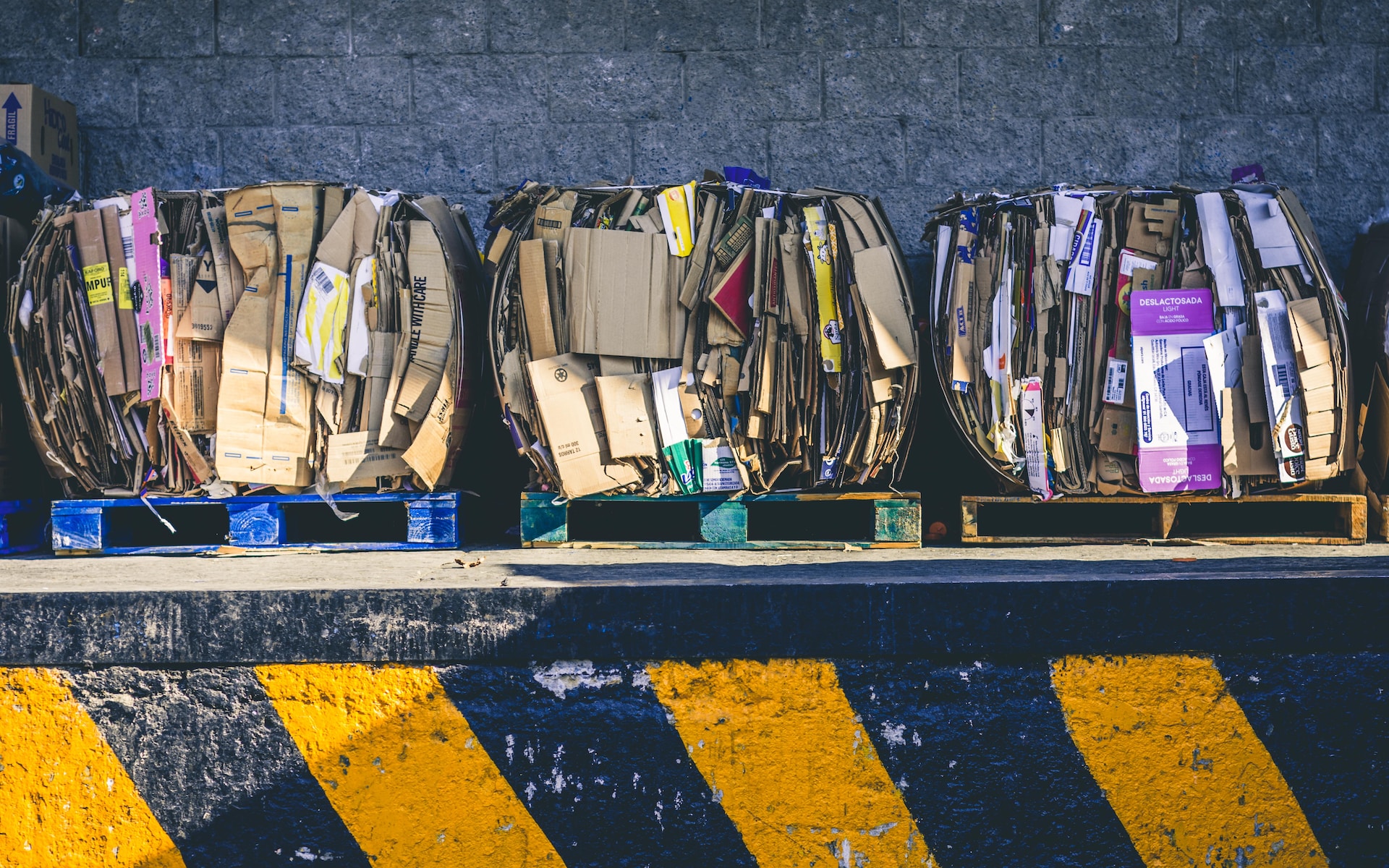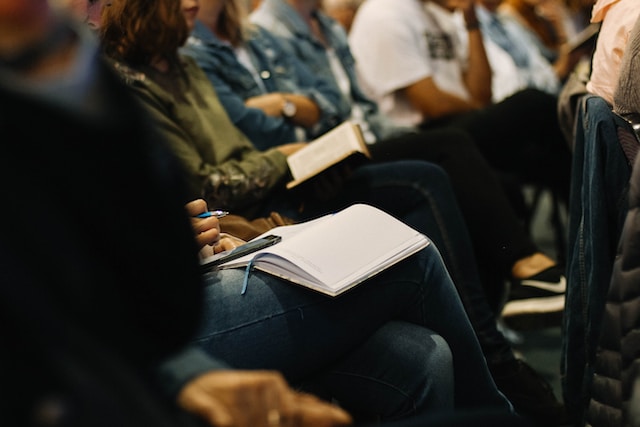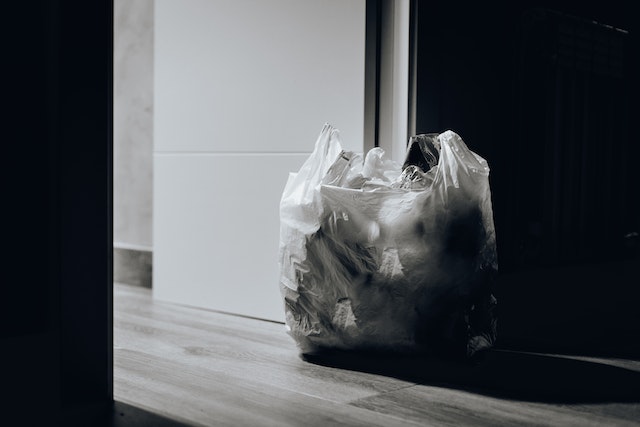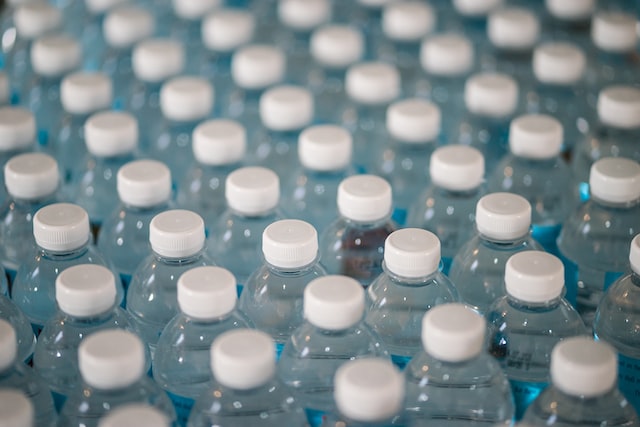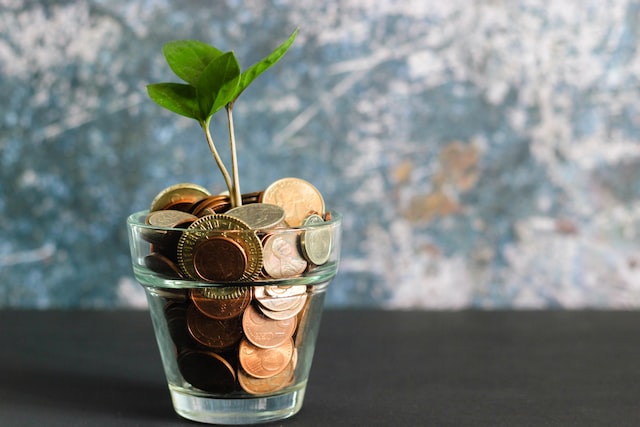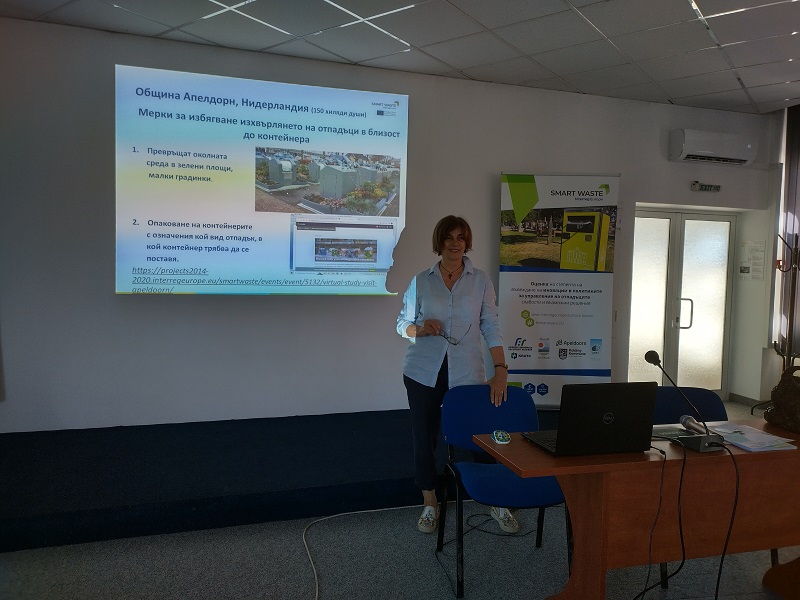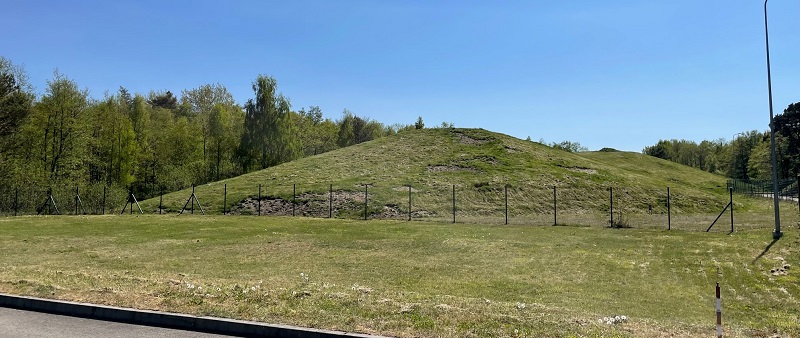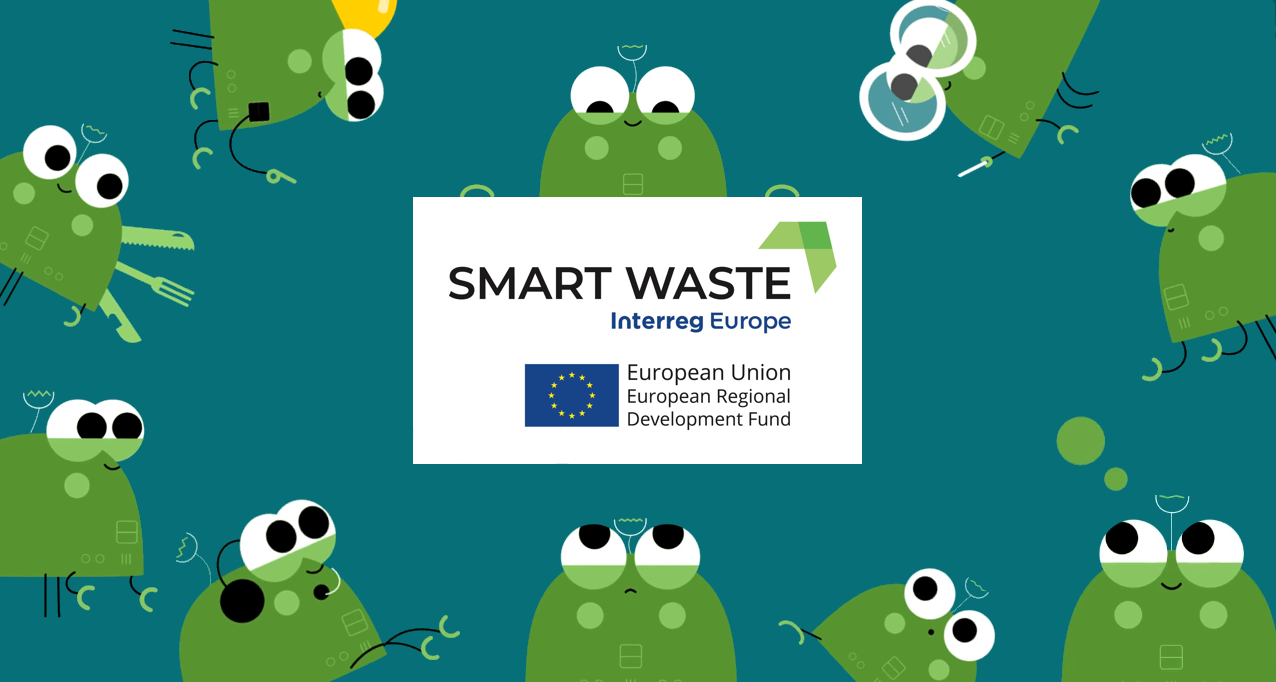On 18 June, the SMART WASTE partners held a Steering Group meeting, the second since last February.
After welcoming and opening the session, SMART WASTE's Lead Partner ARRR and its support Resolvo shared an update on several points linked to project management such as the reporting activities for the previous semester, budget and finances, as well as deadlines for the upcoming reporting. In the same spirit, ACR+ gave an overview on the project's communication activities, highlighting both strengths (e.g. SMART WASTE's website recording a very high number of visits) and weaknesses (e.g. a low visibility of the project in media) and providing suggestions for further improvements, where needed.
The heart of the meeting was the session on local activities. ARRR opened it by focusing on the current development of policy improvements in Tuscany, specifically the R&D&I local project on biodegradable waste management (project “UNICO”) and the ongoing activities supporting the drafting of the upcoming Tuscany ERDF OP 2021 – 2027, possible thanks to the expertise acquired during SMART WASTE's exchange of experiences so far.
In Kolding, a policy improvement has already been approved, namely the Project Kit to support Project Planning and Development at the municipal level. More information should be soon available on it.
Klaipeda Regional Waste Management Centre shared their progress in developing a policy improvement, together with relevant local stakeholders, concerning Depacker technology to support innovation in municipal food waste management, under the latest Lithuanian multi Operational Programme fund 2014-2020 call for projects.
BAMEE, the Bulgarian Association of Municipal Environmental Experts, contribution encompassed both ongoing activities for the development of possible policy improvements, for instance on the topic of waste management data gathering systems, and the related involvement of local stakeholder in the process.
Last but not least, the Municipality of Apeldoorn detailed the most recent developments and planned activities for local municipal waste management and also a possible policy improvement for measuring the level of fullness of waste containers, for optimizing waste collection and for minimising littering.
The exchange of experience is not only at work within the project between partners but also with other Interreg Europe projects. A webinar is foreseen in September 2021, hosting representatives of "older" Interreg Europe projects. As these projects are already working on the implementation of the Action Plans, SMART WASTE partners will benefit from their insight and experience in successfully developing Action Plans.
Before closing the meeting, partners discussed possible scenario for study visits to take place in the coming year, taking into account restrictions linked to the COVID-19.
